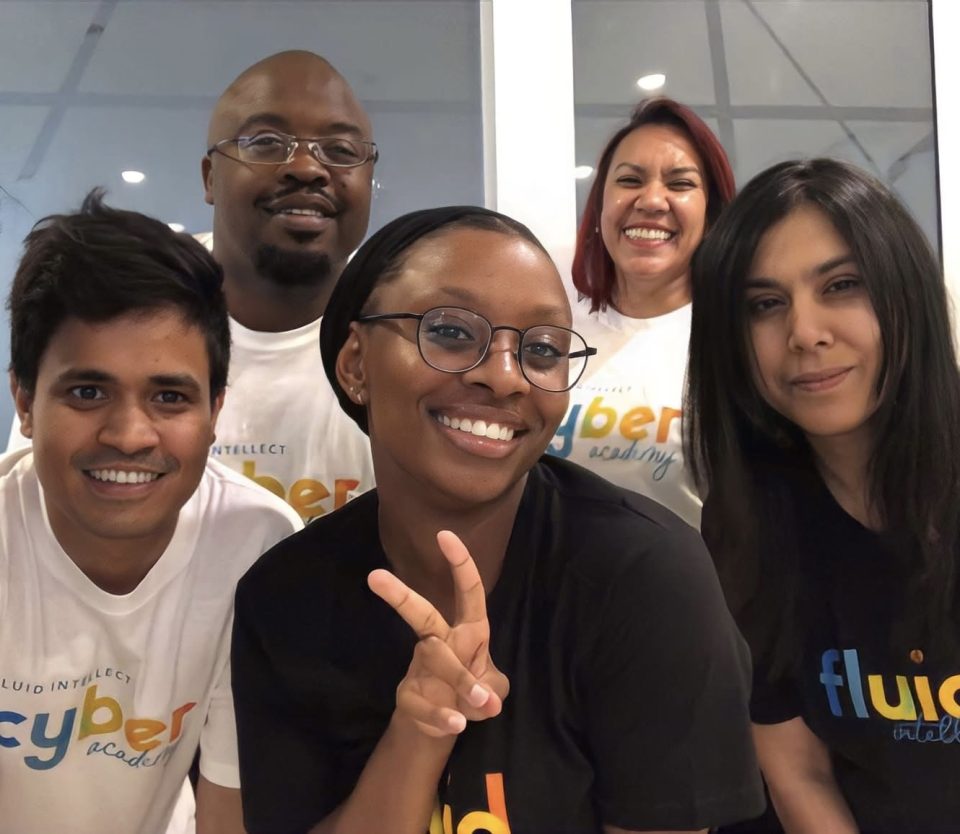The technology industry is often hailed as the birthplace of innovation — algorithms that reshape industries, devices that transform our lives, platforms that redefine how we connect. But the true innovation, the kind that leaves a lasting imprint on society, is not only technological. It’s human. It’s social. It’s the quiet yet radical ways women in technology are reshaping the culture of work, the meaning of leadership, and the power of connection.
For over two decades, I have worked in technology — a space where women are still underrepresented and underestimated. The challenges I faced weren’t about mastering code or learning new systems. They were about navigating bias, breaking silence, and proving that empathy and inclusivity are not “soft skills” but critical tools for social impact.
What I discovered along the way is that women bring something deeply transformative to technology: social capital. The ability to nurture, connect, and mentor builds networks of trust in spaces that often reward individualism over collaboration.
When a woman uses her voice in a boardroom where she was once invisible, that’s not just self-empowerment. It’s a cultural shift. When a mother chooses to prioritize her family and still thrives in her career, that’s not weakness. It’s a redefinition of success that ripples outward. When women support one another, they don’t just rise as individuals — they strengthen the entire ecosystem of possibility.
The future of technology isn’t just about faster processors or smarter systems. It’s about creating industries where social innovation is as valued as technical innovation, where empathy is seen as strategy, and where inclusion is the foundation of progress.
If we want technology to be truly revolutionary, then we must recognize the revolution already happening: women reshaping the culture of tech, not only for themselves but for everyone. This is where social capital meets social impact — and this is where the future lies.

